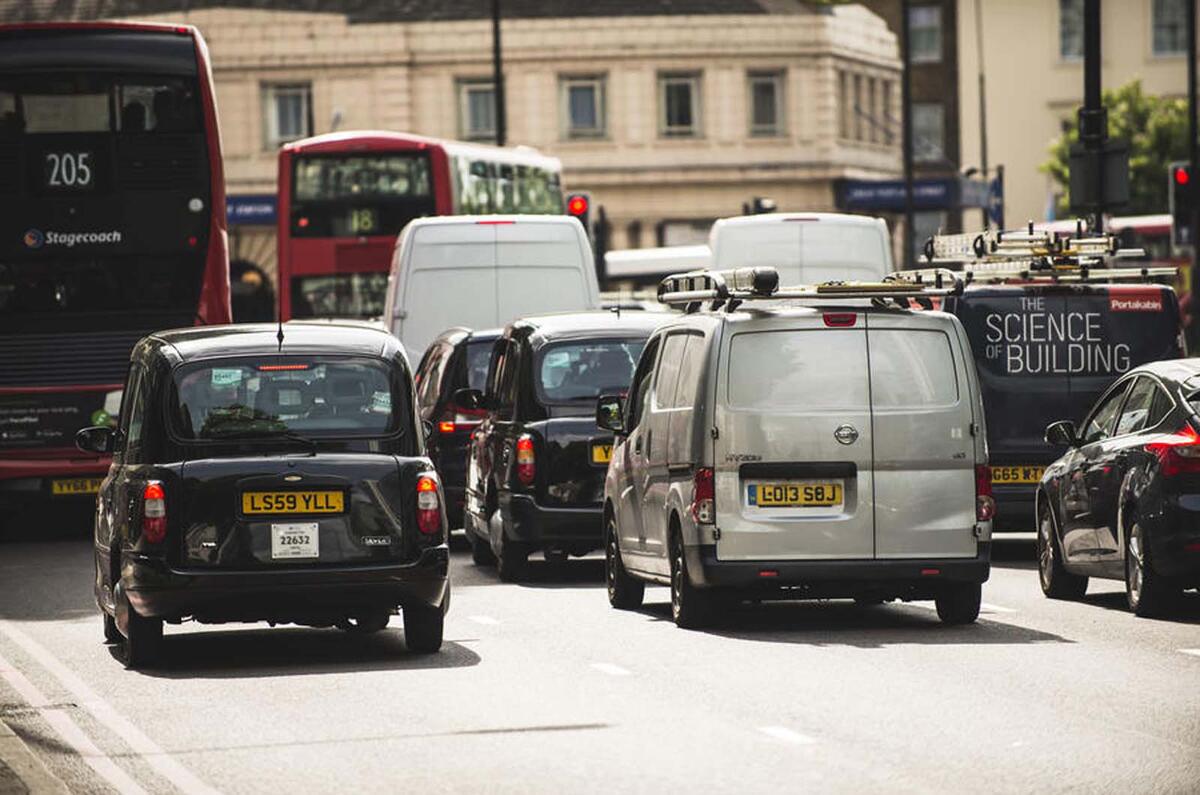The Government's decision to require all cars sold after 2040 to be plug-in hybrids with a minimum 50-mile electric range strikes us at Autocar as a bold move in the direction of clarity and sets a standard that the industry has decent prospects of achieving.
Exclusive: 2040 UK ban on combustion-engined cars set to be confirmed
The standard is stringent enough to make a real difference to CO2 outputs (toxic emissions are already mostly defeated), yet it's not so far in advance of what the best performers in the green car business are already achieving. Toyota's Plug-in Prius, for example, can already go 30 miles on a fully charged battery. With 20 years of battery development and some perfectly plausible size and weight cuts, Toyota might hope to double that. Perhaps treble it.
There will be complaints from the car industry, because this undoubtedly cuts across programmes on which they may have spent millions. And, again, they have not been consulted. But what pleases us is that we reckon this basic recipe for a plug-in hybrid with a 50-mile range need not spoil cars as we know them.
German cities granted right to ban diesel cars
We can easily see a lighter, slightly smaller, composite BMW M3 in our mind's eye. The new electric propulsion is bound to give a car an even crisper step-off to provide extra regenerative braking and to save fuel, and whose price is absolutely bound to rise.
Our view? This isn't perfect but it could have been a lot worse. It's quite likely that, from a driving point of view, the cars of 2040 might now be even than we were expecting them to be.




Join the debate
Add your comment
Unnecessary interference
What's the point in our government trying to predict what's a good solution in twenty years time? This proposal might seem sensible now, but it probably won't be right for the next generation. And it could thwart advances in other ways of storing energy, such as flywheels, compressed air etc: who says that the solution must be electric?
Quite apart from which, manufacturers design their cars for world markets, just fine tuning them for the quirks imposed by individual countries.
The government shoud concentrate on the here and now. That's were the problem lies.
Steve, the ban means nothing
Steve, the ban means nothing to anyone cos its so far in the future, by which time most cars will probably be fully electric anyway.
Ideal hybrid
I have long thought that the optimum hybrid would be a relatively small ICE capable of powering the car to (say) 90mph, coupled with an electric setup to provide the extra power needed for brisk acceleration at 60+ mph. Since the acceleration will only last a few seconds, the battery need only be tiny. In fact a super-capacitor would do the job and they are rechargable in an instant, without long term degradation.
This still leaves a market for all-electric city cars, and hybrids with bigger ICE engines for e.g. towing caravans, but the majority of users I think would go for the mild hybrid, if it wern't for clumsy government legislation.
Don't get me started on the dramatic increase in charging facilities needed for the government proposal, or the difficulties faced by flat-dwellers.
On reflection, maybe 90mph is
On reflection, maybe 90mph is too slow for the ICE part. It makes no allowance for inclines or headwinds. So perhaps 110mph would be better. After all until recently most cooking repmobiles would top out at 100-120 mph. But getting from 90 to 110 requires nearly twice the power.
Autonomous rule.....?
Top speed, how high does it need to be?, if Cars are fully autonomous then Cars, Trucks, Buses and the like will drive at the correct speed for the Road conditions so top speed won’t really matter, it’s us who’ll have to alter our lifestyles, in theory less stress because we’ll know exactly what time we’ll arrive because the autonomy of our Roads will calculate the optimum route, and yeah, I hope it doesn’t happen for another twenty years!